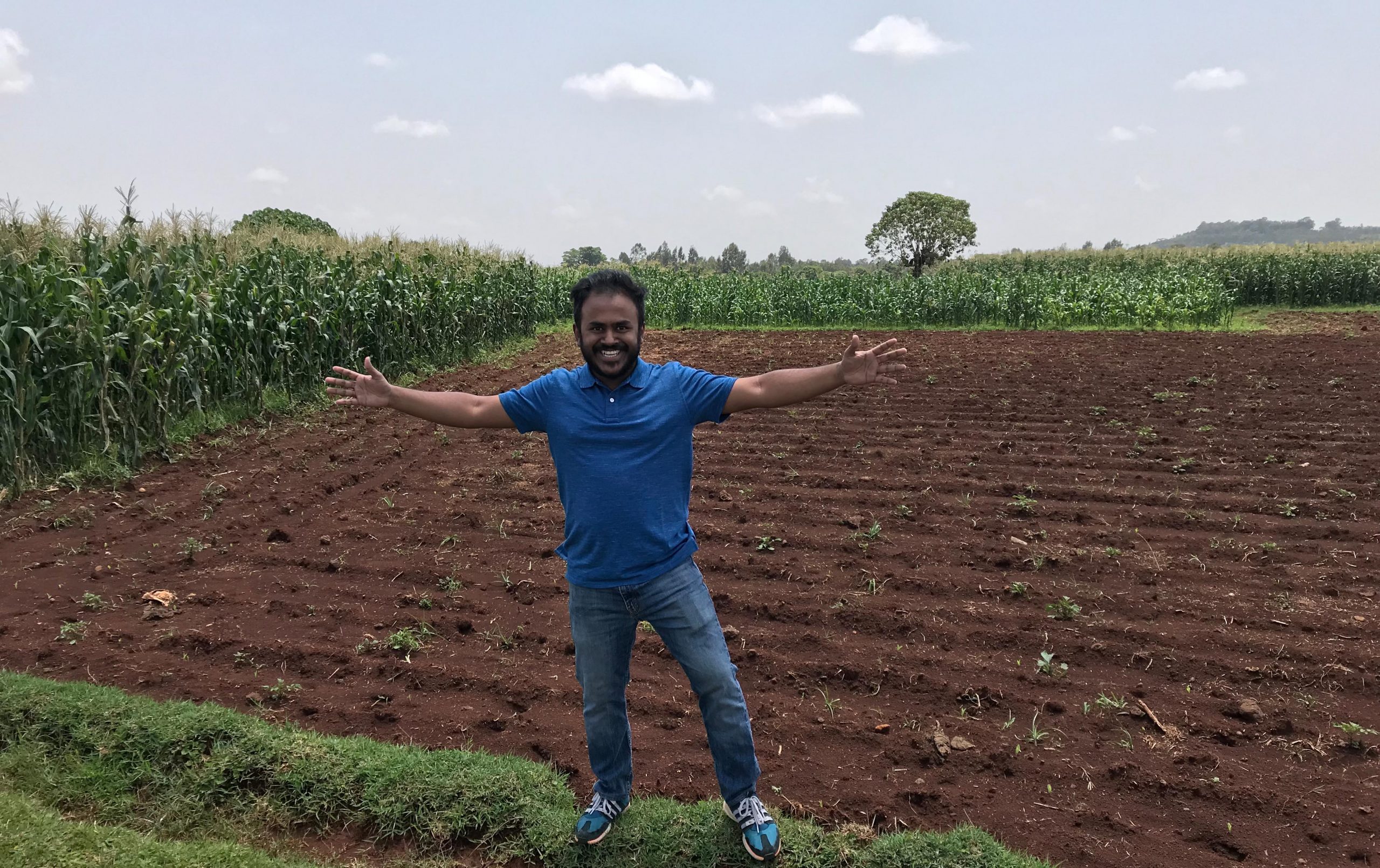
Fahad Khan Khadim, UConn CEE PhD student, on his field trip in summer 2019 to Koga irrigation area, Ethiopia.Fahad Khan Khadim, a final year PhD student in the environmental engineering program at UConn, who has been an integral part in the NSF PIRE Water and Food Security project, was awarded the competitive NASA postdoctoral fellowship. Fahad is supervised by Professor Emmanouil Anagnostou, the PI of the NSF PIRE program, and aside research, he has also served as a project manager at UConn for two years.
His postdoctoral research to be conducted at the NASA Goddard Space Flight Center is entitled “A machine learning based algorithm using radar and optical remote sensing products to model soil salinity”. Using remote sensing to model salinity is a relatively new area, and the experiences Fahad gained while performing research under the NSF PIRE project has helped him in many levels.
Fahad was quoted, “I have been working in the NSF PIRE project for over four years, and from start to finish I have experienced how the physically based sophisticated models work to benefit local farmers from rural communities in Ethiopia. This motivated me to pursue further research with similar objectives where I would be able to directly benefit the target groups. During my work as a PhD student, I gained some invaluable knowledge and experiences in fundamental subsurface/ soil processes, as well as data collection from the field. These were two aspects which motivated my postdoctoral proposal.”
Even though the NASA proposal revolves around developing an algorithm for salinity assessment for an irrigated study area in USA, in the future Fahad would like to implement this research in the deltaic mangrove coastal ecosystem of my native country Bangladesh, where soil salinity is a major threat to regional water-food security.
“We are proud to see our students wining prestigious awards such as the NASA Postdoctoral Fellowship program,” said Prof. Anagnostou. “Fahad has been an asset in my research program, and I have no doubt he will continue doing great progress researching ambitious interdisciplinary problems and excelling as a researcher.”